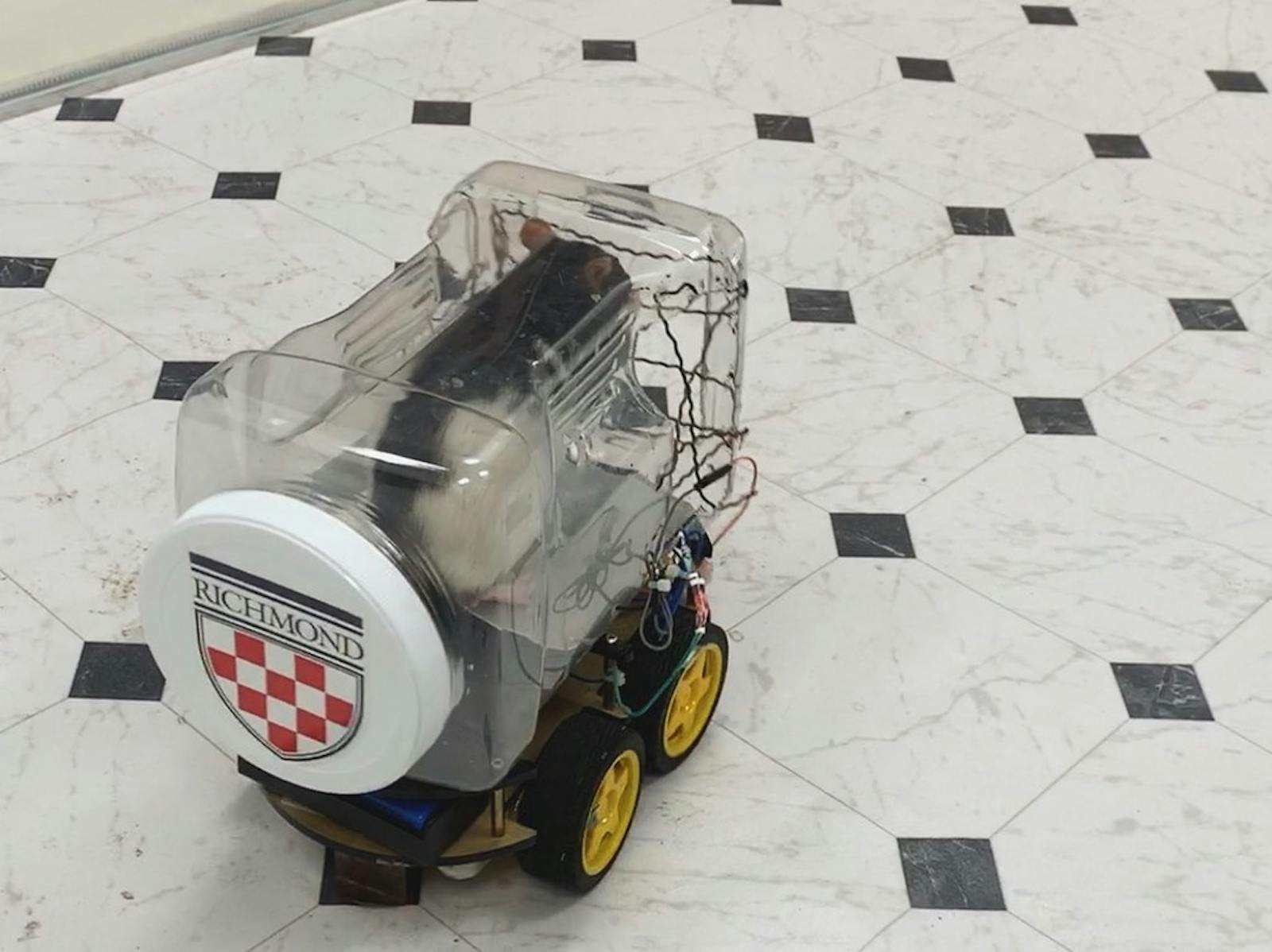CARB document indicates BMW certified turbo four-cylinder for the Supra
Toyota’s new Supra is launching in the United States with a turbocharged 3.0-liter six-cylinder BMW engine, but because of certification form from the California Air Resources Board discovered by Automobile, there is wide speculation that a four-cylinder Supra will join Toyota’s U.S. lineup.
At the end of a long list of Roundel-badged vehicles that will use the BMW 2.0-liter four-cylinder turbocharged engine, the certification lists the Toyota “Supra 2.0” as a 2020 model.
The Supra was jointly developed with BMW, sharing its platform, engines, and transmission with the Z4 roadster. The Supra is launching in the U.S. with a turbocharged 3.0-liter straight-six making 335 hp and 365 lb-ft of torque. Shortly after the car’s January reveal, Toyota announced that it would offer two four-cylinder variants for the Japanese market, with 194 hp and 236 lb-ft of torque, and 255 hp and 295 lb-ft. For reference, the U.S.-market Z4 sDrive30i makes the same 255 hp and 295 lb-ft.

For its part, Toyota says that the CARB certification isn’t a smoking gun for a four-cylinder Supra in America. “BMW took steps to certify an engine for a variety of uses,” spokesperson Nancy Hubbell told us. “At this point, Toyota’s plans for the Supra in the U.S. include only the 3.0-liter inlin- six that will be in the 2020 Supra when it goes on sale this summer.”
The six-cylinder Supra starts at $50,920. Offering a four-cylinder engine would allow Toyota to drop the price to make it more cost-competitive with both imported sport compacts and American sports cars like the Camaro and Mustang. Just how many enthusiasts would cross-shop V-8-powered muscle cars with a four-cylinder Supra, however, is unclear. At most, it might be a compelling parallel to the recently announced Mustang EcoBoost High Performance Pack or four-cylinder Camaro 1LE.



